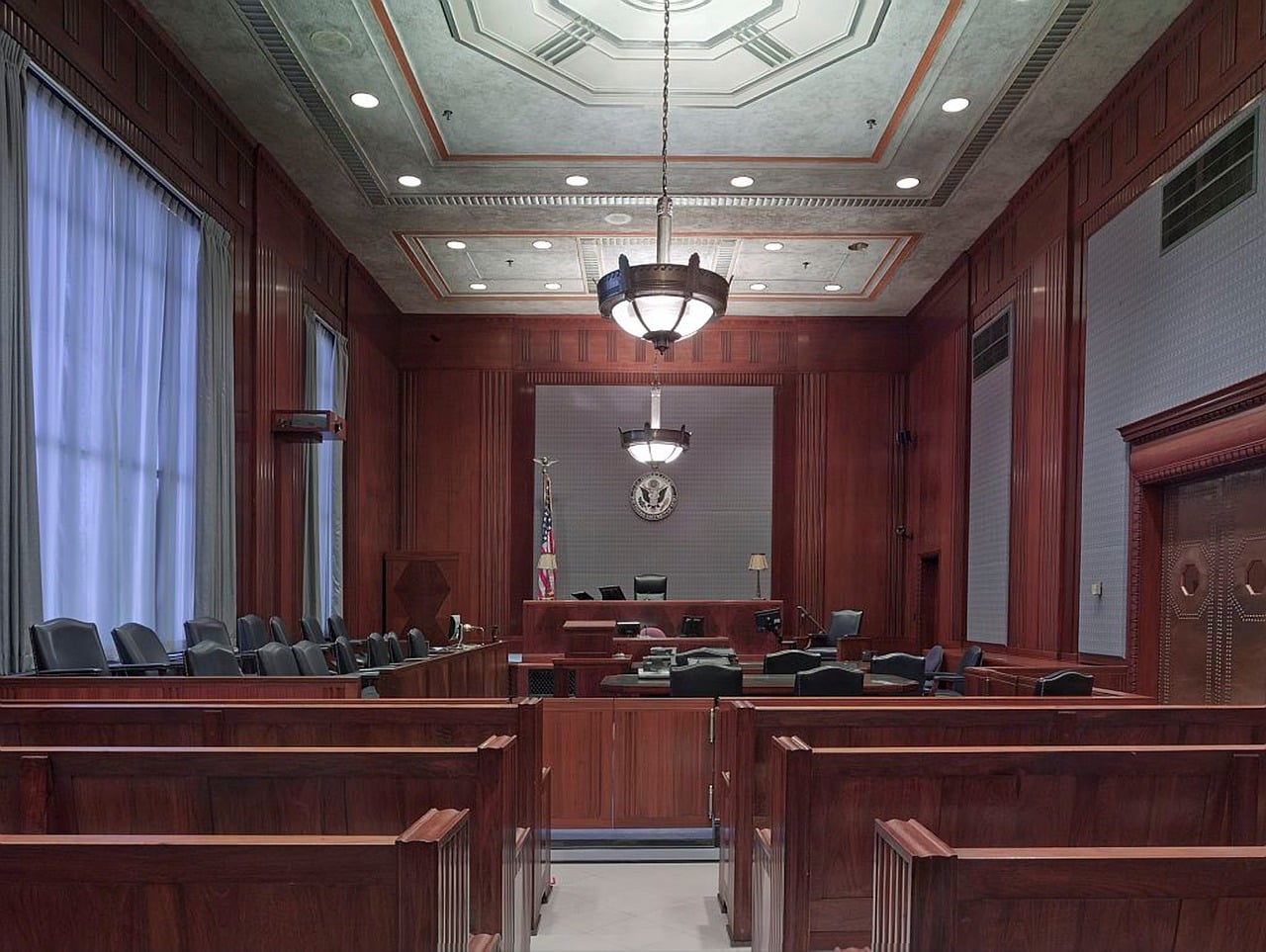No-Mas-Muertes Defendant Shielded Scott Daniel Warren- Jury Nullification Once Again?; Doctrine Upheld By U.S. Supreme Court, But It Has a Checkered History
WASHINGTON, D.C. (June 12, 2019) – An Arizona jury became hopelessly deadlocked in considering whether Scott Daniel Warren committed a crime when he provided supplies to illegal aliens crossing the border as part of the No Mas Muertes humanitarian movement.
Q1 hedge fund letters, conference, scoops etc
Since it appears that all of the elements of the crime may have been established, the standoff, which could well prevent a second Scott Daniel Warren trial, may well be the result of "jury nullification" - a long established doctrine upheld by the Supreme Court, but with a checkered past, says public interest law professor John Banzhaf, who correctly predicted the outcome of several jury nullification cases.
Under the doctrine of jury nullification, a jury (or any individual member of the jury) may refuse to vote for a conviction, no matter how clear and compelling the evidence, if it is believed that a guilty verdict and punishment would be unfair, or that the public interest would be better served by not convicting.
It was used, for example, by many Northern juries to find people not guilty for helping runaway slaves escape, but it was also used by Southern juries to free white defendants who had unlawfully harmed or even killed blacks.
Former Illinois Gov. Rod R. Blagojevich was apparently saved from a guilty verdict on the most serious criminal count he faced, and perhaps from almost two dozen additional charges, by a single holdout juror who may have simply been exercising her legal right under the doctrine of jury nullification.
More recently, the leaders of a 41-day armed standoff at the Malheur National Wildlife Refuge were acquitted of virtually all of the charges brought against them although the undisputed facts seemingly established their guilt.
Recent cases widely believed by many to be examples of jury nullification include trials of football great O.J. Simpson, former D.C. Mayor Marion Barry; penis-slicer Lorena Bobbitt; the Menendez Brothers (trial 1); subway shooter Bernhardt Goetz; TV-dad Bill Cosby (first trial); D.C. contractor John B. Clyburn; Iran-Contra figure Oliver North; former Philippines first lady Imelda Marcos; New York Black activist Al Sharpton; reputed mob boss John Gotti (early trials); D.C. government official David E. Rivers; Bensonhurst (NY) accused John Vento; Scott Daniel Warren, and the beating trials of Reginald Denny and Rodney King (trial 1).
A single juror may also exercise a similar power to prevent a conviction despite overwhelming evidence if he simply refuses to join all of the other jurors in voting to convict, notes Banzhaf.
While the principle of jury nullification is well established and has been upheld by the U.S. Supreme Court, it has generally be reserved for the small number of extraordinary situations in which the law under which the defendant was being prosecuted was deemed to be outrageous (e.g., runaway slave laws) and/or the conduct of the prosecutor or the police was seen as unfair or even unprincipled (e.g., involving wrongdoing, racial profiling, entrapment, excessive force, etc.), says Banzhaf.
JOHN F. BANZHAF III, B.S.E.E., J.D., Sc.D.
Professor of Public Interest Law
George Washington University Law School,
FAMRI Dr. William Cahan Distinguished Professor,
Fellow, World Technology Network,
Founder, Action on Smoking and Health (ASH),
2000 H Street, NW, Wash, DC 20052, USA
(202) 994-7229 // (703) 527-8418
http://banzhaf.net/ jbanzhaf3ATgmail.com @profbanzhaf





